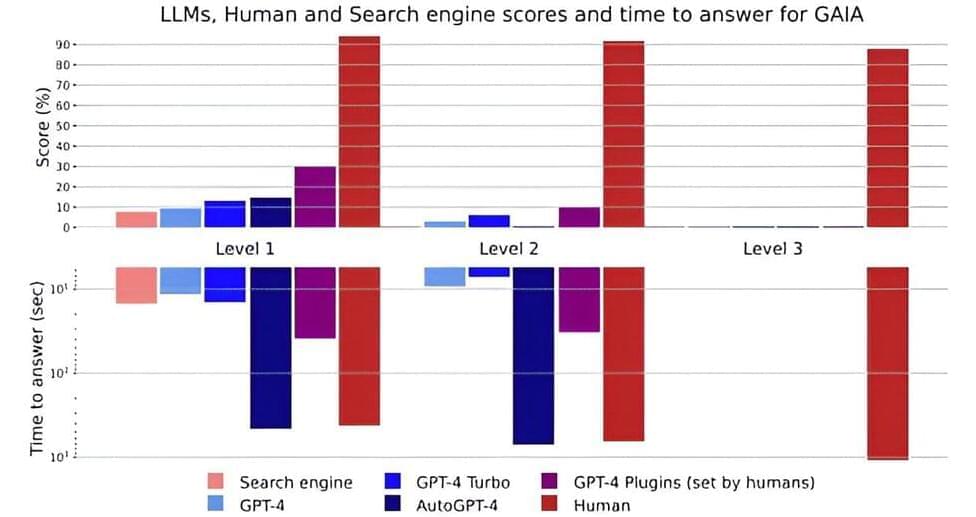Summary: Dopamine, a neurotransmitter, plays a vital role in encoding both reward and punishment prediction errors in the human brain.
This study suggests that dopamine is essential for learning from both positive and negative experiences, enabling the brain to adapt behavior based on outcomes. Using electrochemical techniques and machine learning, scientists measured dopamine levels in real-time during a computer game involving rewards and penalties.
The findings shed light on the intricate role of dopamine in human behavior and could have implications for understanding psychiatric and neurological disorders.






